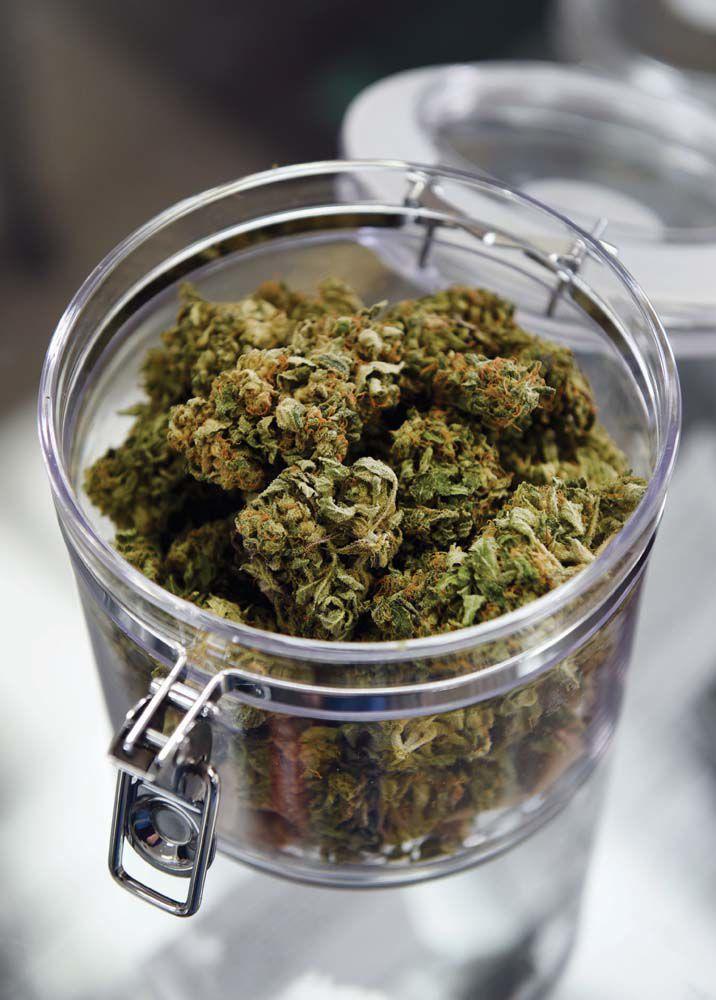You are here
Home 🌿 Recreational Marijuana News 🌿 B.C. cities that veto retail weed creating vast cannabis deserts 🌿B.C. cities that veto retail weed creating vast cannabis deserts

More than 1.5 million British Columbians in Metro Vancouver and the Fraser Valley have no local retail access to recreational cannabis more than a year after weed was legalized for sale.
“In B.C., municipalities have been given veto power over the rights that the federal government has given to Canadians, the right to regulated, dignified access to cannabis,” said Jeremy Jacob, president of the Association of Canadian Cannabis Retailers.
Municipalities must support any application for a cannabis retail store, before the province will consider granting a licence.
About 174 cannabis retail stores are concentrated on Vancouver Island, the southern Interior and Vancouver.
But from Surrey through the populous Fraser Valley all the way to Hope, just three recreational cannabis stores are operational, one newly opened store in Maple Ridge and two in Chilliwack. Surrey, zero. The Langleys, zero. Abbotsford, zero. You get the idea.
Unsurprisingly, B.C. has the lowest per capita cannabis sales of any province in Canada at just $10 per person, according to Statistics Canada. Compare that with $45 per capita in Alberta or $97 a head in P.E.I.
“Differences between regions in total- and per-capita cannabis store sales may be explained in part by Canadians’ access to cannabis stores,” StatsCan said.
There are 35 times more licensed recreational retail outlets in the north and the Interior (104) than the entire Fraser Valley. Another 23 licences have been approved in the north and the Interior, but not built out, and 88 more licences are under consideration, according to the Liquor and Cannabis Regulation Branch.
“In the Kootenays there is general recognition — including the area’s mayors — that cannabis is an economic driver,” said Jacob. “Cities that exercise their veto over retail are saying, ‘We prefer to have the unregulated market maintain its foothold in our community.’ ”
 In Metro, provincially licensed shops are heavily clustered in Vancouver, with only two shops in the other 21 municipalities that make up the region. Another 95 applications are under consideration and it’s likely most of them intend to set up shop in the city.
In Metro, provincially licensed shops are heavily clustered in Vancouver, with only two shops in the other 21 municipalities that make up the region. Another 95 applications are under consideration and it’s likely most of them intend to set up shop in the city.
Burnaby city council has decided that it will allow four government retail stores and no private stores. Surrey and Richmond have made it clear that recreational cannabis retail stores aren’t welcome, and Delta has changed its zoning bylaw to prohibit cannabis retail stores.
The southern Interior tells a different story, with at least 33 retail, non-medical cannabis shops operating in a horseshoe-shaped Cannabis Corridor. Between Osoyoos and Golden — mainly along Highway 97 — you’ll find more than 20 private and government stores. Between Fernie and Keremeos along Hwy. 3 there are 12 shops.
In B.C., government-regulated cannabis is struggling to displace a well-entrenched unregulated cannabis industry that has shut out thousands of established growers, said Jacob. Unlicensed growers are no more motivated to walk away from their livelihoods than their loyal grey-market customers are to pay two-to-three times more for government-approved weed.
B.C.’s lengthy, expensive licensing process has “disincentivized” expansion, retailers say. Applicants are required to secure a lease before they can begin to obtain municipal, rezoning and provincial approvals that can easily take a year or more.
“You are talking about $80,000 or $100,000 to pay your lease during that time, which is a real impediment to smaller operators getting into this space,” said Jacob. He is looking to expand in Ontario.
Because B.C.’s cannabis deserts affect so many people, about 30 per cent of all retail sales are online, through B.C. Cannabis Stores. But online sales lack the curated sensory experience of guided shopping in a retail outlet, where your salesperson might helpfully suggest that “Summer Jam makes you feel like you’re at the best beach party ever.”
In the first 12 months of legalization, B.C. Liquor Distribution Branch (LDB) wholesale distributed just 4,953 kilos of dried flower, oil and capsules to retailers and online customers combined. Government and private cannabis retailers in B.C. made $49 million in sales over that period, compared with $196 million in Alberta and $908 million for all of Canada.
“The LDB is actively investigating suitable locations across the province, and is committed to a careful and efficient rollout of its network of stores,” the agency said.
Responses from municipalities to inquiries on locating government cannabis stores range from outright refusal to concerns about the opaque windows, which are required by law.

Jeremy Jacob is the founder of Village Bloomery in Vancouver. Jason Payne / PNG
420 Intel is Your Source for Marijuana News
420 Intel Canada is your leading news source for the Canadian cannabis industry. Get the latest updates on Canadian cannabis stocks and developments on how Canada continues to be a major player in the worldwide recreational and medical cannabis industry.
420 Intel Canada is the Canadian Industry news outlet that will keep you updated on how these Canadian developments in recreational and medical marijuana will impact the country and the world. Our commitment is to bring you the most important cannabis news stories from across Canada every day of the week.
Marijuana industry news is a constant endeavor with new developments each day. For marijuana news across the True North, 420 Intel Canada promises to bring you quality, Canadian, cannabis industry news.
You can get 420 Intel news delivered directly to your inbox by signing up for our daily marijuana news, ensuring you’re always kept up to date on the ever-changing cannabis industry. To stay even better informed about marijuana legalization news follow us on Twitter, Facebook and LinkedIn.




